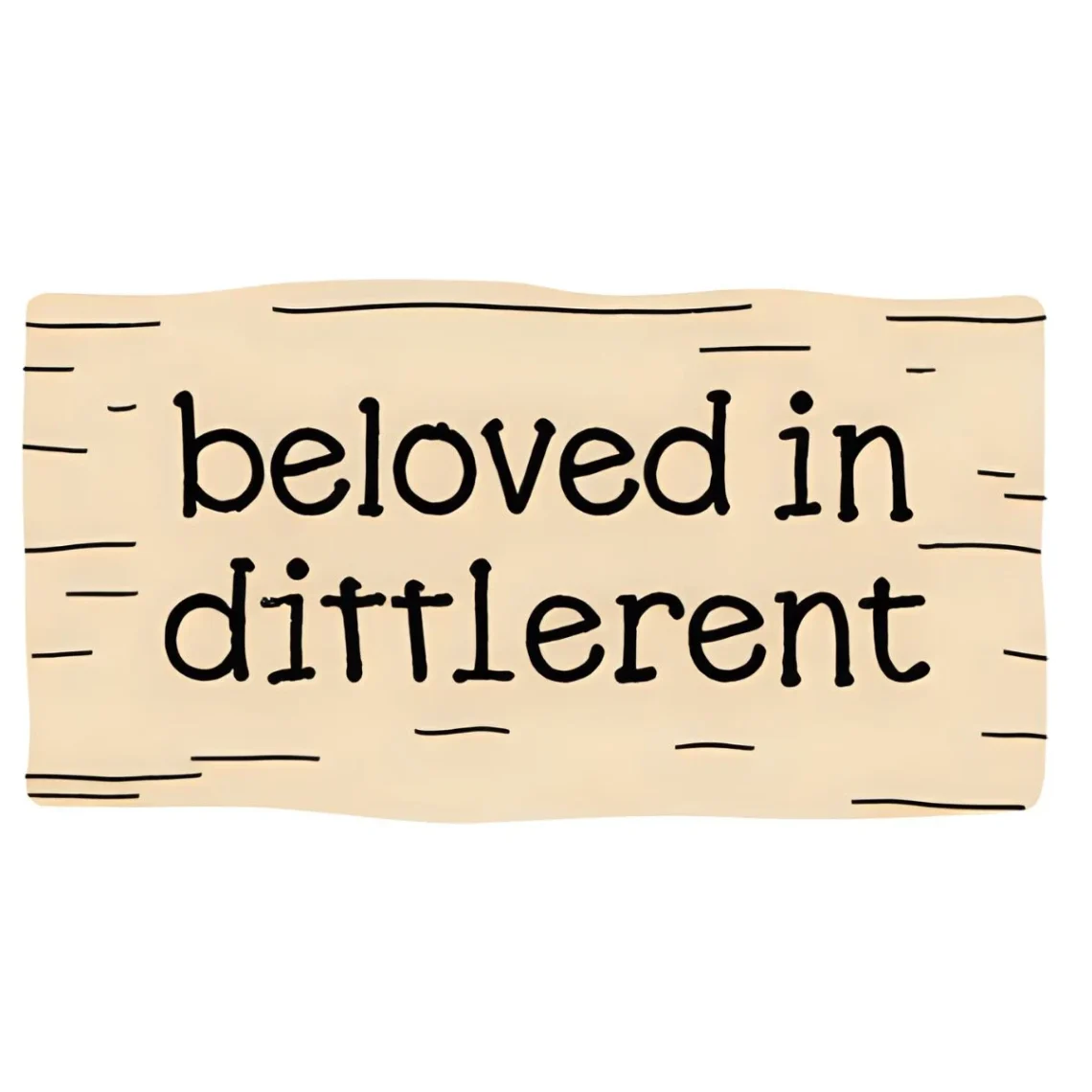The Universal Language of Love
Love is the one emotion that transcends borders, cultures, and languages. No matter where you go, the word “beloved” carries a deep emotional weight—whether whispered in a lover’s ear, written in a heartfelt letter, or spoken in a parent’s comforting words.
I remember the first time I heard the term “mon amour” in French—it sounded like music, a soft declaration of devotion. Later, I discovered that every culture has its own beautiful way of expressing this cherished term. From the poetic “habibi” in Arabic to the tender “mi amor” in Spanish, each version tells a story of love’s universality.
In this article, we’ll explore how different languages and cultures express the word “beloved,” uncovering fascinating linguistic nuances and heartfelt traditions.
How to Say “Beloved” in Different Languages
Here’s a quick reference table showcasing how “beloved” is expressed across the world:
| Language | Word/Phrase for “Beloved” | Cultural Insight |
|---|---|---|
| French | Mon amour | Often used romantically, meaning “my love.” |
| Spanish | Mi amor | Common term for lovers, family, and close friends. |
| Italian | Amore mio | A deeply affectionate term, used in songs and poetry. |
| German | Mein Schatz | Literally “my treasure,” expressing deep endearment. |
| Mandarin Chinese | 亲爱的 (Qīn’ài de) | Used for loved ones, both romantic and familial. |
| Hindi | प्रिय (Priya) | A gender-neutral term meaning “dear one. |
| Japanese | 愛しい (Itoshii) | Conveys deep emotional attachment. |
| Arabic | حبيبي (Habibi) | Used for both men and women, meaning “my beloved.” |
| Swahili | Mpenzi wangu | Romantic term meaning “my lover. |
| Zulu | Isthandwa sami | A poetic way to say “my beloved. |
| Yoruba | Olowo ori mi | Means “the one who owns my head” (deeply cherished). |
| Maori | E taku aroha | Expresses deep love and connection. |
| Hawaiian | Ku’uipo | Means “sweetheart,” often used in songs. |
| Cherokee | ᎠᎩᏧᏂᎯᏍᏗ (Agitsuhisdi) | A term of deep affection in Native American culture. |
| Russian | Любимый (Lyubimyy) | Used for both romantic and familial love. |
European Languages: Romantic and Poetic Expressions
Europe is rich with languages that turn “beloved” into an art form.
- French (Mon amour) – The French are known for their romantic language, and this phrase is a classic declaration of love.
- Spanish (Mi amor) – Used widely in Latin cultures, it’s a term of endearment for partners and children alike.
- Italian (Amore mio) – Italians express love passionately, and this phrase is often heard in operas and love letters.
- German (Mein Schatz) – Literally meaning “my treasure,” Germans use this for loved ones in a sweet, protective way.
- Russian (Любимый / Lyubimyy) – A deeply emotional term, often used in literature and poetry.
Asian Languages: Love Wrapped in Tradition
Asia’s languages reflect deep cultural values in their terms for “beloved.
- Mandarin (亲爱的 / Qīn’ài de) – A universal term for loved ones, blending affection and respect.
- Hindi (प्रिय / Priya) – Used in both romantic and platonic contexts, meaning “dear one.”
- Japanese (愛しい / Itoshii) – Conveys a sense of cherished attachment, often in literature.
- Korean (사랑하는 사람 / Saranghaneun saram) – Means “the person I love,” emphasizing devotion.
- Arabic (حبيبي / Habibi) – A warm, widely used term across the Middle East for loved ones.
African Languages: Love as a Bond of Community
African cultures express “beloved” in ways that reflect communal bonds.
- Swahili (Mpenzi wangu) – A romantic term, often used in East African love songs.
- Zulu (Isthandwa sami) – A poetic expression of deep affection.
- Yoruba (Olowo ori mi) – Means “the one who owns my head,” showing deep reverence.
- Amharic (Ethiopia) (ፍቅረኛ / Fiqirēnya) – A heartfelt way to say “my beloved.
Indigenous & Island Languages: Love Rooted in Nature
Indigenous and island cultures tie love to nature and spirituality.
- Maori (E taku aroha) – Expresses deep emotional and spiritual love.
- Hawaiian (Ku’uipo) – Means “sweetheart,” often found in traditional chants.
- Cherokee (Agitsuhisdi) – A term of deep familial and romantic love.
Cultural Insights: The Evolution of “Beloved”
The word “beloved” has ancient roots—some of the oldest recorded love poems date back to Sumerian times. In many cultures, love language is tied to religion, literature, and social customs.
- Ancient Greece – The concept of “agape” (unconditional love) shaped Western philosophy.
- Persian Poetry – Sufi poets like Rumi wrote extensively about divine and human love (“eshgh”).
Proverbs About Beloved Ones
- French: “L’amour est aveugle.” (Love is blind.)
- Arabic: “الحب أعمى” (Al-hubb a’ma) – Same sentiment, showing cultural parallels.
- Japanese: “愛は盲目” (Ai wa mōmoku) – Another variation of “love is blind.”
FAQs About “Beloved” in Different Languages
Q: Why do some words for “beloved” sound similar across languages?
A: Many languages share roots (like Latin for European languages), leading to similarities.
Q: What’s the oldest known word for “beloved”?
A: The Sumerian word “ki-ág” (my beloved) is one of the earliest recorded.
Q: How do cultures differ in expressing “beloved”?
A: Some emphasize romance, while others use it for family or spiritual love.
Conclusion: Love Speaks Every Language
No matter how you say it—mon amour, habibi, priya—the word “beloved” carries the same warmth across the world. It reminds us that love is humanity’s common language.
Now it’s your turn! How do you say “beloved” in your language? Share in the comments—we’d love to learn from you!







